Anika's Engine Shift: From Unity Layoff to Unreal Renaissance Hey XenGamers, Anika Patel here.
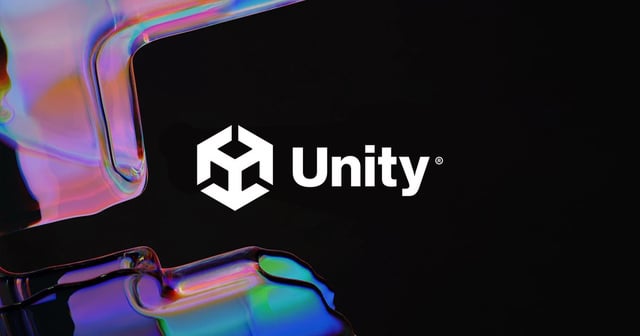
Hey XenGamers, Anika Patel here. Some of you know me from my Unreal Engine tutorials on YouTube (hi to my 23,000 subscribers!), but many also know I spent the last seven years at Unity Technologies. Today, I’m not just talking about game engines; I’m talking about the real-world impact of recent industry shifts, specifically the massive layoffs at Unity. And yeah, I was one of them.
Let's be clear: losing my job stung. I took pride in my work at Unity, swallowed my initial Unreal Engine purism, and fully committed. I wanted to grow as a gameplay programmer and advance my career, and at the time, Unity seemed like the right path. Now, I'm back to my Unreal roots, but I'm also deeply concerned about what these layoffs mean for the future of Unity, its developers, and the entire indie game development ecosystem.
This image represents the shift from corporate uncertainty at Unity to creative freedom with Unreal Engine.
So, let’s dive in.
The Tremors Beneath: Impact on Unity Engine Development
A 25% workforce reduction is huge. It’s not just numbers on a spreadsheet; it’s talented, passionate people who are now out of work. But beyond the human cost, what does this mean for the engine itself? I worry about the future of key Unity initiatives.
DOTS: A Dead End in Sight?
DOTS (Data-Oriented Technology Stack) promised a performance revolution. The Entity Component System (ECS) was supposed to unlock incredible optimization potential. I spent months grappling with ECS, wrestling with its complexities. Honestly, it was tough. Many legacy systems are not DOTS compatible, and rewriting is a large effort that can become pointless if development stops on the engine side. My fear is that if Unity doesn't fully commit to DOTS now, it risks becoming a dead end – a half-finished feature that developers have sunk time and resources into, only to see it abandoned. These Unity layoffs game developers can't afford to bet on tech that has been abandoned.
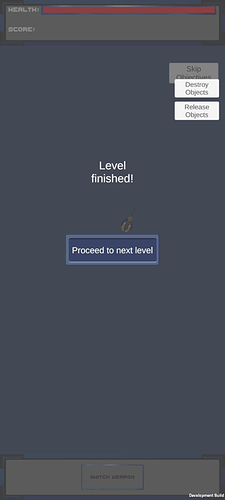 This image shows an example of the Data-Oriented Technology Stack (DOTS) framework, highlighting its potential for performance optimization in game development.
This image shows an example of the Data-Oriented Technology Stack (DOTS) framework, highlighting its potential for performance optimization in game development.
HDRP: Bugs and Broken Promises?
HDRP (High Definition Render Pipeline) aimed to bring AAA visuals to Unity. But even before these layoffs, it had its share of problems. I remember a particularly frustrating bug I encountered with ray tracing in a URP project. It took weeks to resolve, and in the end, I had to downgrade to Unity 2021.3 LTS. Unreal Engine 5's ray tracing implementation felt much more stable and user-friendly in comparison. My concern is that with fewer developers to maintain and improve HDRP, these kinds of issues will become more frequent, and fixes will take even longer.
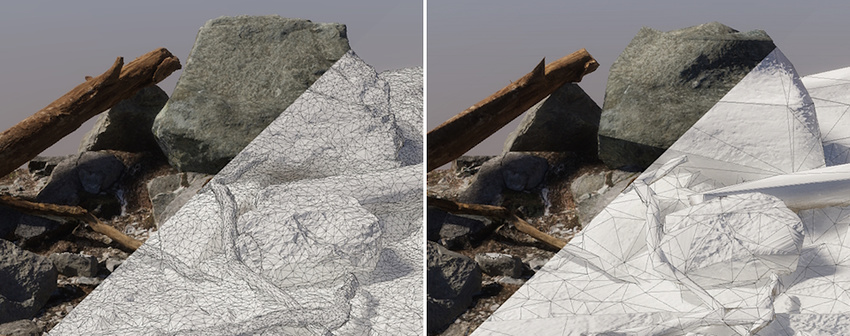 This image illustrates a bug encountered while using the High Definition Render Pipeline (HDRP) in Unity, emphasizing the challenges developers face.
This image illustrates a bug encountered while using the High Definition Render Pipeline (HDRP) in Unity, emphasizing the challenges developers face.
Addressables: Addressable Instability?
Addressables were supposed to streamline asset management and content delivery. In theory, it was a great system. In practice… well, let’s just say I have stories. In one large-scale project, I spent weeks trying to optimize asset loading times using AssetBundles, particularly on mobile platforms. The result? Significant memory leaks and crashes. It took forever to diagnose, mainly because the documentation was sparse and unclear. If the layoffs impact the team maintaining Addressables, it could spell disaster for developers relying on it for their projects.
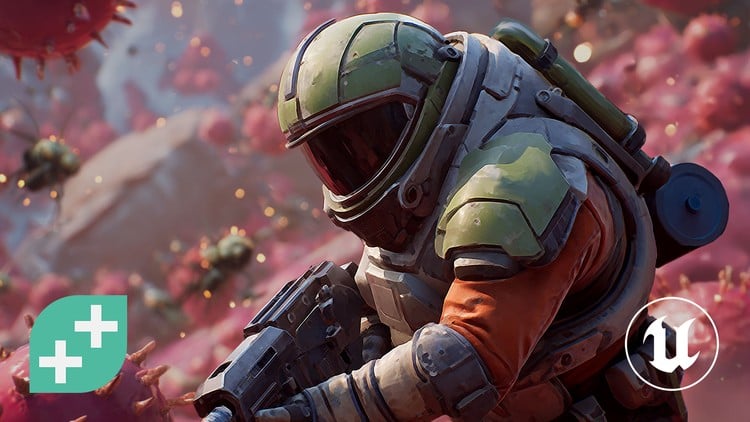 This image symbolizes the complexities of asset management in game development, emphasizing the importance of stable and reliable systems like Addressables.
This image symbolizes the complexities of asset management in game development, emphasizing the importance of stable and reliable systems like Addressables.
Broken Trust: The Developer Relationship
Beyond the technical implications, these layoffs have damaged something even more critical: trust. How can developers feel confident investing in Unity when the rug can be pulled out from under them so suddenly?
Hesitation and Distrust
I’ll be honest: I feel a bit betrayed. I championed Unity. I recommended it to countless developers. Now, I’m much more hesitant. I'm reluctant to recommend Unity to others, especially indie developers who rely on Unity's stability for long-term projects. I feel foolish. This erosion of trust could drive developers to explore alternative game engines and look into indie game development jobs.
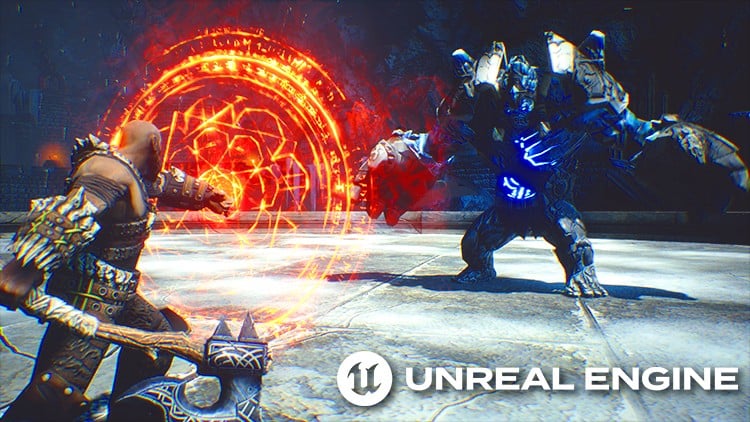 This image represents the broken trust between developers and Unity due to the recent layoffs and their potential impact on the game engine's stability.
This image represents the broken trust between developers and Unity due to the recent layoffs and their potential impact on the game engine's stability.
Support and Documentation: A Diminishing Resource
Good documentation is crucial. Clear, up-to-date support is essential. But what happens when the people who write the documentation and provide the support are gone? I remember struggling to understand the new Input System. The old system was well-documented and had a wealth of community knowledge built around it. The new system? Not so much. With these layoffs, I fear that vital support channels will dry up, leaving developers stranded.
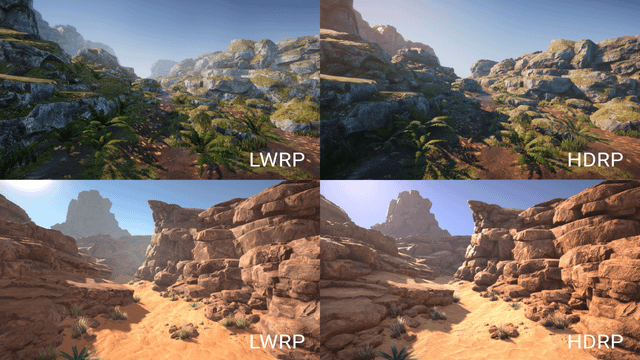 This image illustrates the importance of clear and accessible documentation for game developers, highlighting the challenges when documentation is lacking or outdated.
This image illustrates the importance of clear and accessible documentation for game developers, highlighting the challenges when documentation is lacking or outdated.
The Shadow of Pricing Changes
The game I was working on at Unity used the Unity Pro subscription. At roughly $2,000 per seat per year, it's not cheap. Layoffs often precede cost-cutting measures. Could this mean changes to Unity's pricing model? Increased per-install fees? Stricter licensing terms? These kinds of changes could disproportionately affect smaller indie studios, who are already operating on tight margins. Game development job security feels tenuous right now.
The Allure of Alternatives: Unreal, Godot, and Beyond
Okay, so Unity has some challenges. What are the alternatives? Let's take a quick look.
Unreal Engine 5: The AAA Contender
Unreal Engine 5 is a beast. Nanite virtualized geometry lets you create incredibly detailed environments. Lumen global illumination delivers stunning lighting. The Blueprint visual scripting system makes it accessible to non-programmers. And while C++ can be intimidating, the power and flexibility of Unreal are undeniable.
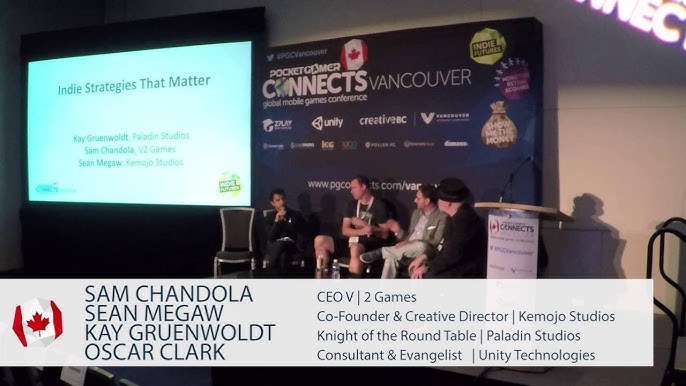 This image showcases the stunning visuals possible with Unreal Engine 5, highlighting its Nanite and Lumen technologies.
This image showcases the stunning visuals possible with Unreal Engine 5, highlighting its Nanite and Lumen technologies.
I've been diving deep into Unreal Engine 5 lately, and honestly, I'm blown away. I'm currently working on a third-person action RPG with realistic environments built using Quixel Megascans assets. The performance, especially with Nanite, is incredible. Yes, there’s a learning curve, especially with C++. But the results speak for themselves. Plus, the licensing model (5% royalty after $1 million in gross revenue) is reasonable. If you're looking for Unreal Engine training for Unity developers, there are a lot of resources out there.
Godot: The Open-Source Darling
Godot is a completely free and open-source engine. It’s lightweight, uses a Python-like scripting language called GDScript, and has a rapidly growing community. Godot 4.0 was a major step forward, making it a viable alternative to Unity, especially for indie developers with limited resources. While GDScript isn’t as performant as C++, it’s easier to learn. The asset store is smaller than Unity's, but it's growing. Godot is definitely a game engine to watch.
 This image highlights Godot's user interface and scripting environment, emphasizing its accessibility for indie developers.
This image highlights Godot's user interface and scripting environment, emphasizing its accessibility for indie developers.
Bevy and Defold: The Niche Players
Bevy, built in Rust, is a data-oriented engine focused on performance and concurrency. However, it has a steep learning curve and a small community. Defold, a Lua-based engine, is geared towards 2D games and has a subscription model. It's easy to use for mobile game development but limited for larger, more complex projects.
The Ripple Effect: Indie Game Development
The Unity layoffs will have a significant impact on the indie game development community.
A Surge of Talent
On the one hand, these layoffs could flood the indie scene with talented developers. Laid-off Unity devs might join indie teams or start their own studios. I know I'm eager to continue working in the indie space. I plan to offer consulting services and Unreal Engine training to help other developers.
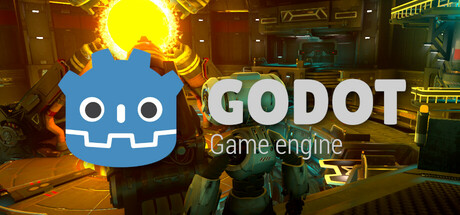 This image represents the influx of talented developers into the indie game development scene, driven by the recent layoffs.
This image represents the influx of talented developers into the indie game development scene, driven by the recent layoffs.
Resource Scarcity or a Call to Innovation?
On the other hand, if Unity becomes less responsive to the needs of indie developers, it could stifle innovation and creativity. This might lead more developers to explore open-source tools, alternative revenue models, and engines like Godot. I’ve always been passionate about game jams and the indie scene, and I believe these layoffs could push the community to become even more resourceful and collaborative.
My YouTube Renaissance
Okay, a little personal note here. After being laid off, I threw myself back into my Unreal Engine tutorials on YouTube. And honestly? It's been amazing. My channel has exploded as more and more developers explore alternatives to Unity. I’m now earning more income than I was at Unity (pre-stock options, of course!). It's a testament to the power of community and the hunger for knowledge in the game development world.
The Verdict: Opportunity in Uncertainty
So, what’s the overall assessment? The Unity layoffs are a setback, no question. But they also present an opportunity. An opportunity for developers to re-evaluate their tools, explore new engines, and embrace the power of community.
The potential benefits? A more diverse engine landscape, increased competition, and a renewed focus on developer needs. The drawbacks? Uncertainty, disruption, and the risk of abandoned projects.
How can developers navigate these challenges? Embrace change. Learn new skills. Support each other. Share your knowledge. And never stop creating.
Even in times of uncertainty, the passion and creativity of the game development community will prevail. The resilient indie game development community and the drive to create will always find a way.
Now, if you'll excuse me, I have an Unreal Engine tutorial to film!